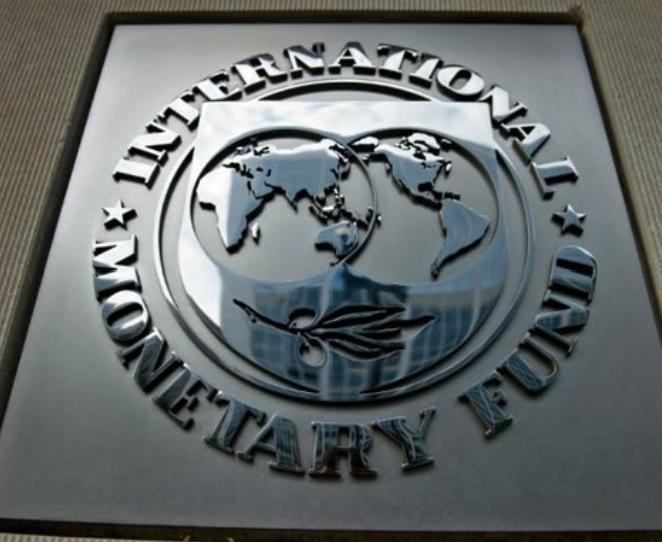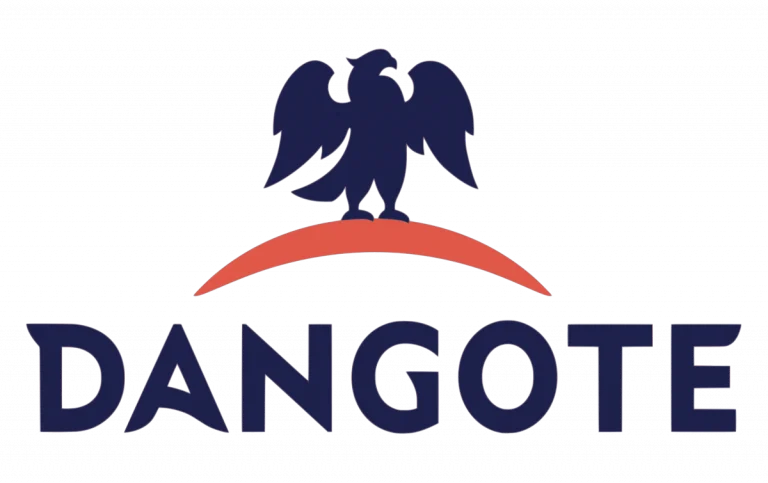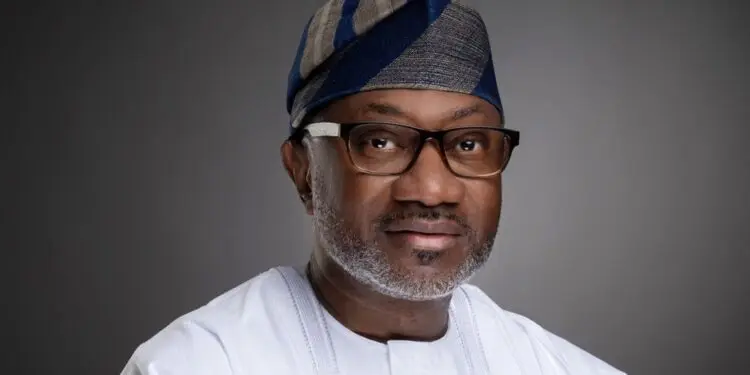Business
IMF Warns Global Inflation Could Stay High Until 2025

The underlying drivers of historically-high global inflation could persist until 2025, the International Monetary Fund’s chief economist told AFP on Tuesday.
Prices around the world have surged since the rapid reopening of the global economy after the Covid-19 pandemic. Inflation was further fueled by Russia’s invasion of Ukraine last year, which caused commodity prices to spike.
“Inflation is still with us,” Pierre-Olivier Gourinchas said in an interview in Washington, shortly after the IMF raised its forecast for inflation this year to seven percent.
READ ALSO: Uncertainties Might Persist Amid High Risks To Financial Stability – IMF
Despite an aggressive, concerted, campaign by central banks to slow price increases by raising interest rates, inflation in many countries remain well above the two percent target set by the US Federal Reserve and others.
“Core inflation in particular has not started to come down significantly back towards the target,” Gourinchas said, referring to a measure that strips out volatile food and energy prices.
“It probably won’t be until the end of 2024, maybe into 2025,” he added.
READ ALSO: Only 24% Of CBN Anchor Borrowers’ Loans Repaid – IMF
“The persistence of core inflation means that central banks may have to keep their interest rates higher for longer“, he said.
Such a move would put additional strains on a financial sector already rocked by the dramatic collapse of Californian lender Silicon Valley Bank (SVB) last month.
SVB’s fall was swiftly followed by the failure of another US regional lender and the merger under pressure of Swiss investment banking giant Credit Suisse with its regional rival UBS.
Gourinchas said “very forceful intervention” by the Fed, Swiss National Bank and others had helped to tackle the immediate challenges unleashed by SVB’s failure, but warned that “pockets” potential challenges remained.
READ ALSO: Only 24% Of CBN Anchor Borrowers’ Loans Repaid – IMF
“We’re in a situation where there is elevated levels of nervousness in the market,” he said.
An area of concern is the real estate sector, in part due to the slow post-pandemic return to offices in many cities around the world.
Gourinchas warned that there may be other financial institutions like SVB that are over-exposed to interest rate risks, which could cause problems if rates stay high while central banks fight inflation.
Countries without the fiscal tools to help fight inflation could also suffer, Gourinchas warned.
“One should be very vigilant going ahead to make sure that the places that look weak are reinforced, are buttressed,” he said.
Business
NNPCL Announces Restoration Of Escravos-Lagos Pipeline

The Nigerian National Petroleum Company Limited (NNPCL) has announced the complete restoration of the Escravos-Lagos Pipeline System (ELPS) in Warri, Delta State, following the recent explosion on the asset.
The chief corporate communications officer (CCCO) of the nation’s oil company, Andy Odeh, in a statement, said that the pipeline is fully operational, reiterating the company’s resilience and commitment to energy security.
“NNPC Limited is pleased to announce the successful restoration of the Escravos-Lagos Pipeline System (ELPS) in Warri, Delta State.
READ ALSO:Fuel Price Cut: NNPCL GCEO Ojulari Reveals Biggest Beneficiaries
“Following the unexpected explosion on December 10, 2025, we immediately activated our emergency response, deployed coordinated containment measures, and worked tirelessly with multidisciplinary teams to ensure the damaged section was repaired, pressure-tested, and safely recommissioned.
“Today, the pipeline is fully operational, reaffirming our resilience and commitment to energy security. This achievement was made possible through the unwavering support of our host communities, the guidance of regulators, the vigilance of security agencies, and the dedication of our partners and staff.
“Together, we turned a challenging moment into a success story, restoring operations in record time while upholding the highest standards of safety and environmental stewardship.
“As we move forward, NNPC Limited remains steadfast in its pledge to protect our environment, safeguard our communities, and maintain the integrity and reliability of our assets. Thank you for your trust as we continue to power progress for Nigeria and beyond,” the statement read.
Business
Dangote Unveils 10-day Credit Facility For Petrol Station Owners

The Dangote Group has announced a 10-day credit facility backed by a bank guarantee for petrol station owners and dealers, alongside free direct delivery and other incentives, as part of a new supply arrangement.
The company disclosed this in a statement posted on its official X handle on Tuesday, inviting petrol station operators across the country to register to benefit from the offer.
According to the statement, participating dealers will enjoy “a 10-day credit facility backed by a bank guarantee,” with a minimum order requirement of 5,000 litres.
“Our free direct delivery service will commence soon,” the group said, adding that the offer is open to “all petrol station owners and dealers.”
READ ALSO:Dangote Sugar Announces South New CEO
The Dangote Group further called on operators to register their stations to access the supply arrangement.
“Register your petrol stations today to benefit from our competitive gantry price,” the statement read.
The company also disclosed that petrol supplied under the arrangement will be sold at a gantry price of ₦699 per litre.
For enquiries, the group provided the following contact numbers: 0802-347-0470, 0809-324-7070, 0809-324-7071 and 0203.
READ ALSO:Dangote Refinery Dispute: PENGASSAN Suspends Strike After FG Intervention
The announcement follows a recent petrol price adjustment by the Dangote Petroleum Refinery.
The PUNCH earlier reported that the refinery reduced its ex-depot petrol price from ₦828 to ₦699 per litre, representing a ₦129 cut or a 15.58 per cent reduction.
An official of the refinery, who spoke to PUNCH Online on condition of anonymity, confirmed the adjustment, saying, “The refinery has reduced petrol gantry price to ₦699 per litre.”
The new price reportedly took effect on December 11, 2025, marking the 20th petrol price adjustment announced by the refinery this year.
Business
JUST IN: Otedola Sells Shares In Geregu Power For N1trn

Billionaire businessman, Femi Otedola, has sold his majority stake in Geregu Power Plc for N1.088 trillion in a deal financed by a consortium of banks led by Zenith Bank Plc.
The Nigerian Exchange, NGX, made this announcement on Monday.
Otedola’s Amperion Power Distribution Company Ltd reportedly held nearly 80 percent of the power generating company.
READ ALSO:N200b Agric Credit Dispute: Appeal Court Slams NAIC, Upholds First Bank Victory
With this new development, Otedola, Chairman of First Holdco Ltd, parent company of First Bank of Nigeria Plc, will reportedly now concentrate on expanding his interest in the Nigerian banking sector, although he still retains some shares in Geregu.
Otedola is said to currently own 17.01 percent of First Bank — its single largest shareholder since the bank was established in 1894.

 News4 days ago
News4 days agoBREAKING: Anthony Joshua Involved In Road Accident

 News5 days ago
News5 days agoEx-Edo Gov Obaseki Reacts As His Cousin Is Beaten, Stripped

 Politics4 days ago
Politics4 days agoYou’re Not 001 – Wike Rubbishes Claims Of Fubara Being APC Leader In Rivers

 Metro5 days ago
Metro5 days agoObaseki Beaten, Stripped In Edo

 Politics4 days ago
Politics4 days agoWike Speaks On Defecting To APC

 Politics3 days ago
Politics3 days agoJUST IN: INEC Excludes PDP From Ekiti Governorship Election

 News4 days ago
News4 days agoNAF Neutralizes Bandits At Turba Hill, Kachalla Dogo Sule Camps

 News4 days ago
News4 days agoDoris Ogala: How Pastor Chris Knelt Before Church, Begged For Forgiveness [Video]

 Politics4 days ago
Politics4 days agoGo To Hell, You Didn’t Pay My School Fees – Wike Hits Seyi Makinde

 News3 days ago
News3 days agoNigerian Army Finally Reveals Details Of US Military-led Airstrikes In Sokoto


























